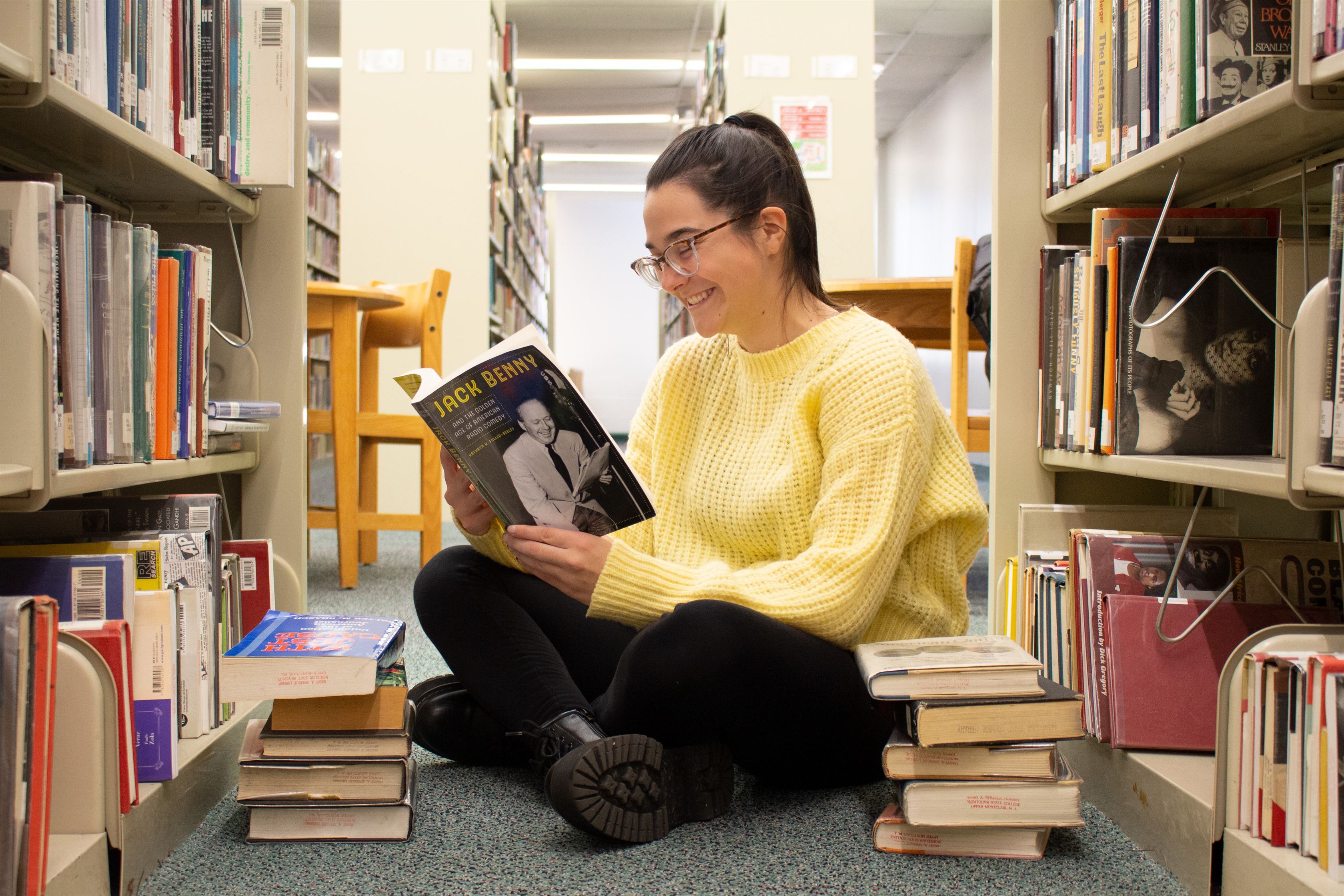Sally Rooney debuted on the writing scene in 2017 and published “Normal People” the following year. The book gained widespread success and a Hulu original series, starring Daisy Edgar-Jones and Paul Mescal. With the book and series alike, “Normal People” has reached many hearts with its complicated, yet simple story.
Connell Waldron and Marianne Sheridan have a connection they can’t quite explain. In high school, Connell is a jock that hangs with the popular crowd, while Marianne keeps to herself. So when the two start seeing each other, Connell is determined to keep it a secret. After a handful events, they end up attending the same college. Throughout the years of university, they cross paths and always seem to find their way back to each other.
Set in Ireland in the early 2010s, “Normal People” is written in the third person omniscient. Readers gain insight into the minds of Marianne and Connell, exposing the entirety of their relationship. It is a character-driven story, exploring them as people, looking into their wants, needs and fears.
Both Connell and Marianne have a tendency to let others control their lives. Connell’s friends’ opinions change the way he approaches Marianne early on in their relationship. Many people believe that Marianne is stuck up and unapproachable in high school, so she secludes herself and lets people believe narratives about her.
On top of the foundations of their relationship being tainted from the beginning, they come from different economic backgrounds. Connell’s mother, Lorraine, cleans Marianne’s house. The two of them claim it never impacted their relationship, but both grew self-conscious and hyper-aware of their financial situations.
“Normal People” also features heavier topics such as sexual violence, abuse and struggles with mental health. Including these topics in the book helps spread awareness and start discussion. Having Connell and Marianne go through challenging times and cope with many struggles continues the realism in this novel.
Rooney takes “Normal People” and uses it as a mirror to reflect on the 21st century dating scene, specifically the newer idea of a “situationship.” How in some cases two people can have an undeniable connection and still not be romantically involved. And even further, how two people can grow distant and yet whether it be fate or a higher power, the universe keeps bringing them back together.
Going in to read “Normal People,” here’s some insight about the writing style. Rooney chooses to exclude quotation marks in her writing. It is a more unique artistic choice in literature that does not come up too often. Personally, I caught on pretty easily. Once I was used to reading the dialogue it became natural and flowed more like a script.
Another heads up, (or for some, a critique) with this book is the fact that there’s minimal plot. The plot is always an important part of a story and often keeps the reader’s interest. Since this is a character story, my own personal motivation for reading was an investment in the two of them.

Rebecca Bienskie Jackson enjoyed nearly every aspect of "Normal People."
Rebecca Bienskie Jackson | The Montclarion
I enjoyed nearly every aspect of this book. Rooney’s writing style is refreshing, reads quickly and flows right off the page. As I mentioned before, the character work is outstanding and there is such an emotional depth in this book. Readers are rooting for Connell and Marianne and only wishing the best for them. Rooney does not shy away from putting her characters through pain and struggles. She reminds us that everyone hurts and we all have different stories to tell.
“Normal People” is a great recommendation for college students. This a great depiction of the “college experience” whether it be meeting new people, parties or some of the struggles that many students go through. I read this book at the perfect time and that definitely changed my overall experience reading. It made the relatability aspect even more personal and it felt like I was really getting to know Connell and Marianne. As the name states, “Normal People” follows a boy and a girl that could be your neighbor, classmate or friend. There’s a piece of Connell and Marianne in all of us.



